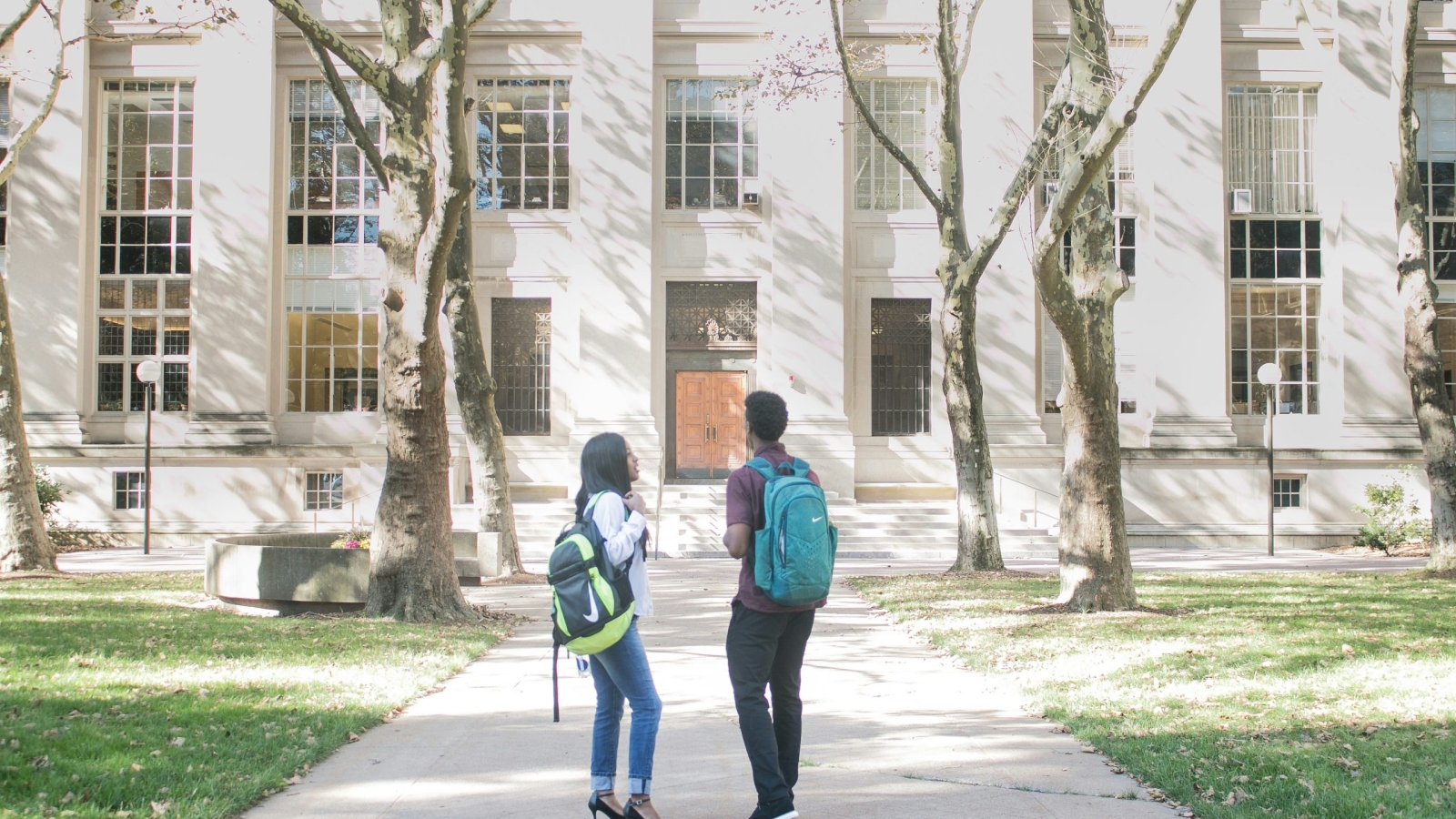The transition from middle school to high school is a significant milestone in a student’s life. It marks the beginning of a new chapter filled with academic challenges, social adjustments, and personal growth. For many students, this transition can be daunting, filled with anxiety about fitting in, keeping up with coursework, and finding their place in a new environment. One powerful way to ease this transition and help students acclimate to high school is through field trips. These experiences offer more than just a break from the classroom—they provide essential opportunities for students to bond, build confidence, and develop the skills needed to thrive in high school.
1. Creating Early Bonds with Peers
One of the most intimidating aspects of starting high school is meeting new people and forming friendships. Field trips offer a relaxed and informal setting where students can connect with their peers outside the pressures of the classroom. Whether it’s a day at a local park, a visit to a historical site, or an adventure course, these shared experiences help students get to know each other on a more personal level. Early bonding during these trips can lead to lasting friendships, providing students with a sense of belonging and support as they navigate the challenges of high school together.
2. Building Confidence in a New Environment
High school can be overwhelming, with its larger campus, more demanding coursework, and increased responsibilities. Field trips allow students to step outside the academic environment and engage in activities that build confidence. Whether they’re participating in team-building exercises, exploring new places, or solving challenges, students gain a sense of accomplishment that boosts their self-esteem. This newfound confidence can help them feel more comfortable and capable as they face the rigors of high school life.
3. Developing Teamwork and Collaboration Skills
High school is a time when students are expected to work more independently, but it’s also when collaborative skills become increasingly important. Group projects, sports teams, and extracurricular activities all require the ability to work well with others. Field trips provide a perfect opportunity for students to practice and develop these skills in a real-world setting. By working together to complete tasks, solve problems, or achieve common goals, students learn the value of teamwork and collaboration—skills that are essential not only in high school but throughout their lives.
4. Fostering a Sense of School Spirit and Community
Feeling connected to their school community is crucial for students’ success and well-being. Field trips, especially those that involve the entire freshman class, can foster a strong sense of school spirit and community. These trips give students a chance to interact with their classmates and teachers in a more casual setting, helping to break down barriers and create a more inclusive and supportive school culture. When students feel like they’re part of something bigger, they’re more likely to engage in school activities, strive for academic success, and support their peers.
5. Providing a Break from Academic Pressure
The academic demands of high school can be stressful, particularly for students who are still adjusting to the increased workload. Field trips offer a much-needed break from these pressures, allowing students to recharge and refocus. During these trips, students can engage in activities that are both educational and enjoyable, helping them to relax and clear their minds. This mental break is essential for maintaining a healthy balance between academics and personal well-being, ultimately leading to better performance and a more positive high school experience.
6. Introducing New Interests and Opportunities
High school is a time for students to explore their interests and discover new passions. Field trips can expose students to a wide range of experiences that they might not encounter in the classroom. Whether it’s a visit to a college campus, a tour of a local business, or a trip to a cultural institution, these experiences can spark new interests and inspire students to pursue different academic and extracurricular opportunities. By broadening their horizons, field trips can help students begin to think about their future and the paths they might want to explore during their high school years and beyond.
7. Facilitating Positive Teacher-Student Relationships
Building positive relationships with teachers is crucial for students’ academic success and overall well-being in high school. Field trips provide a unique opportunity for students to interact with their teachers outside of the traditional classroom setting. These interactions can help break down the formal barriers that often exist between students and teachers, leading to more open communication and a stronger sense of trust. When students feel comfortable with their teachers, they’re more likely to seek help when needed, engage in class discussions, and take an active role in their education.
Conclusion
The transition into high school is a critical period in a student’s life, filled with both challenges and opportunities. Field trips can play a pivotal role in easing this transition, offering students the chance to build friendships, develop confidence, and explore new interests in a supportive environment. By fostering a sense of community, enhancing teamwork skills, and providing a break from academic pressures, field trips help students feel more connected, capable, and prepared to succeed in high school. As educators and parents seek ways to support students during this important time, the value of field trips as a tool for easing the high school transition cannot be overstated.


Leave A Comment